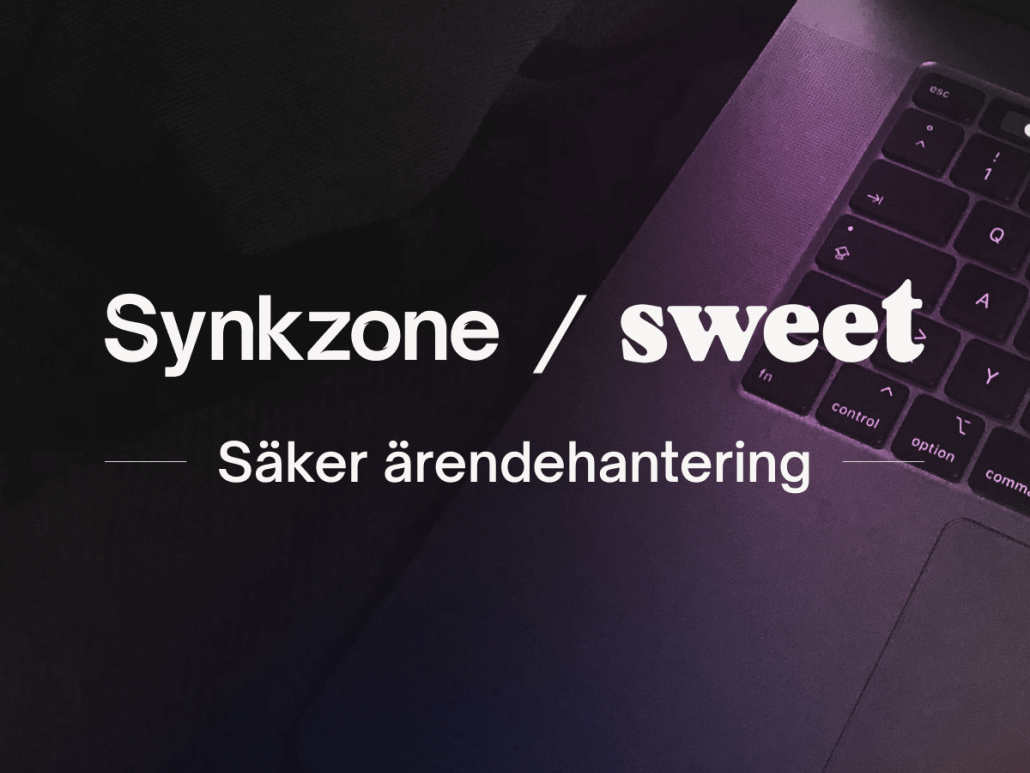Legal requirements & Compliance
As a business in Sweden and the EU, there are a number of laws and regulations to consider when handling information.
Businesses, public authorities and organizations must comply with a range of legal requirements when it comes to handling data and information. Some rules apply to everyone, while others target specific industries or types of data. You are responsible for meeting the requirements that apply to your particular business.
With Synkzone, you get a solution that meets the technical requirements of multiple regulations. Manage personal data securely under the GDPR and avoid the risk of sharing sensitive data with third countries – a key issue after Schrems II.
Below we go through the main regulations and what they mean in practice.








